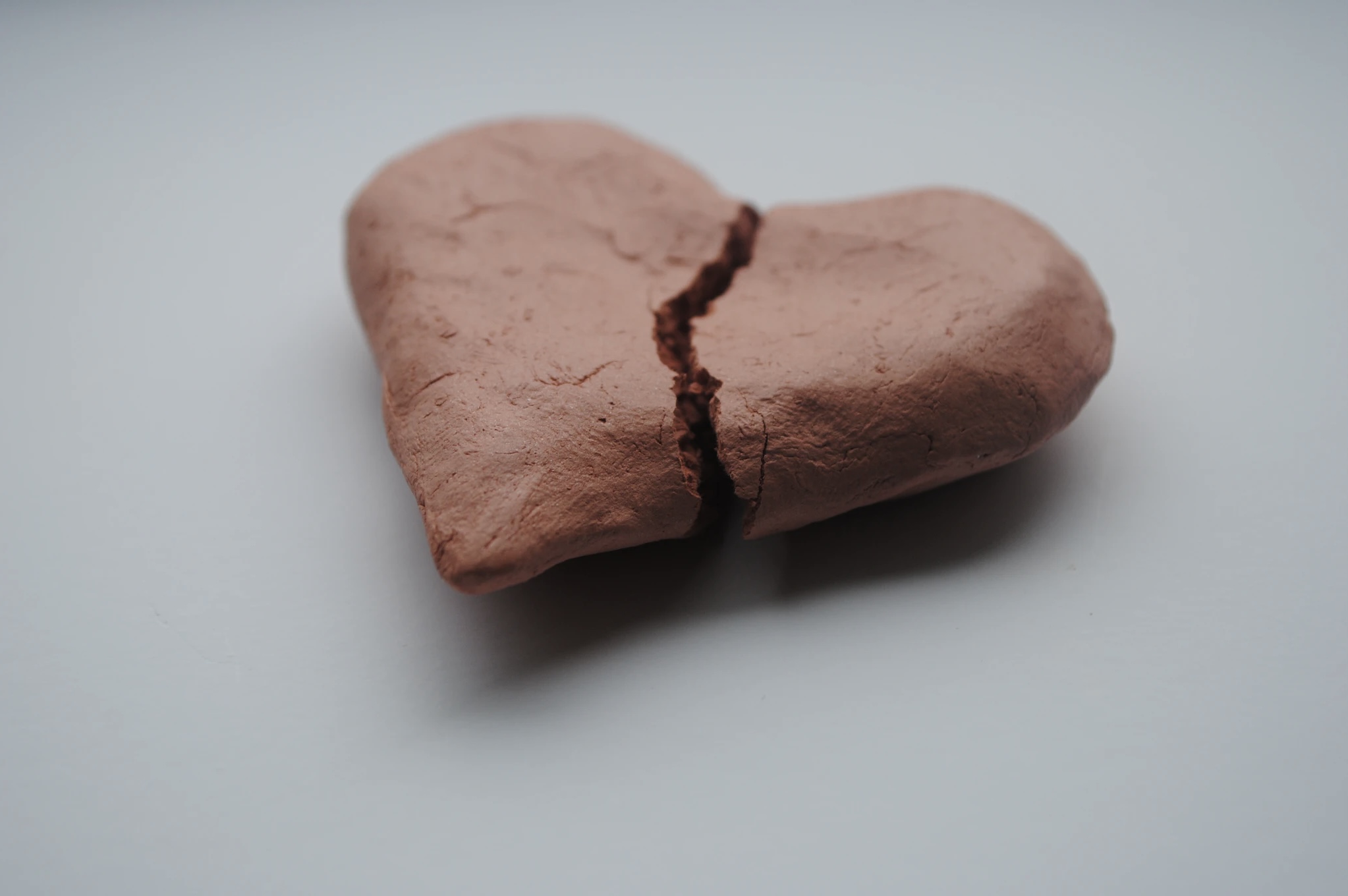
Estate plans need to be updated after a divorce.
Rarely do you hear of people getting married with the expectation of divorce in their future.
In general, couples enter marriage believing they will be together forever.
They build their lives anticipating long-term goals.
Many couples include estate planning in these long-term plans.
According to a recent Investopedia article titled “Here's what you need to remove and add to your will when your marriage is over,” estate planning and other goals will require reevaluation and updating after divorce.

A divorce requires a timely estate planning update.
States are inconsistent in their treatment of estate plans for couples who have decided to part ways.
Some states will automatically revoke gifts made in a last will and testament to the former spouse, family members of the former spouse, or stepchildren.
Although this may protect your assets from your previous relations, you will still need to update "the objects of your bounty" at death.
Beneficiary designations should also be reviewed and updated after the divorce.
These take precedence over any directions in a last will and testament or revocable living trust (RLT) and the state laws have no authority to revoke these designations.
As you update your estate plan after your divorce, you must review multiple aspects of your plan.
Property Transfers.
Divorce proceedings often involve division of assets.
You may no longer have the same home, same bank accounts, or the same investments as you did when you were married.
You will need to update your last will and testament and RLT to reflect these changes in property.
The Executor of your Will.
Often couples will each designate the spouse to serve as the estate executor when the first spouse dies.
The person you place in this role should have your best interests in mind and also be trustworthy.
Chances are your ex-spouse no longer meets these requirements.
A Guardian for Minor Children.LT
Did you and your spouse have children together?
If yes, you have likely already been working on a parenting arrangement.
Should one of you die, your ex-spouse will likely be the logical choice to raise your children.
If you both die, it is best to have nominated an agreed upon guardian in your respective last wills to ensure both families still have relationships with your children.
Last Will and Testament or RLT.
Reviewing and changing your last will and testament or RLT is essential in the case of divorce.
Although you may begin modifying certain aspects of your plan even before the official divorce decree, there will be certain things you cannot do until the divorce is final.
Make no moves until cleared by your family law attorney!
Beneficiary Designations.
Assets and accounts like life insurance, IRAs, and 401(k)s are distributed through beneficiary forms on the accounts.
As noted above, the individual you designate as beneficiary will supersede your instructions in your last will.
Failing to change the designation after the divorce, may mean your ex will inherit such assets.
Will Challenge.
Your ex-spouse or ex-partner can legally challenge your last will.
Although this attack may not be successful, it can extend the settlement of your estate and prove costly in court and legal fees.
Including a trust in your estate plan may help.
In addition to working with an experienced divorce attorney, you should also secure the services of an experienced estate planning attorney to help you create a plan to address your new circumstances.
Reference: Investopedia (Sep. 14, 2021) “Here's what you need to remove and add to your will when your marriage is over”
REMEMBER: “The choice of a lawyer is an important decision and should not be based solely upon advertisements.”
This statement is required by rule of the Supreme Court of Missouri.
